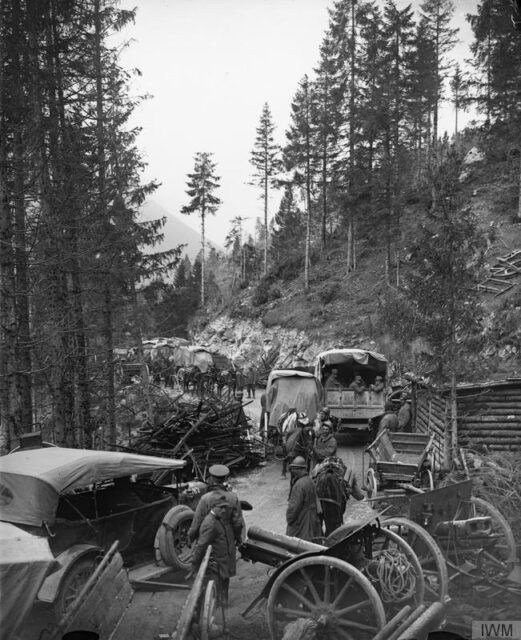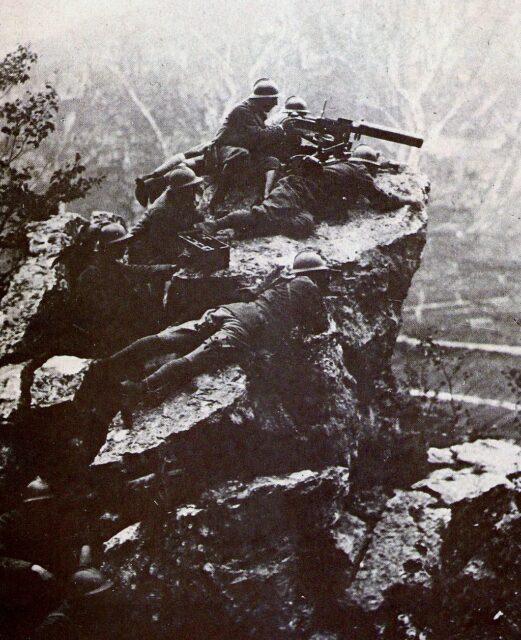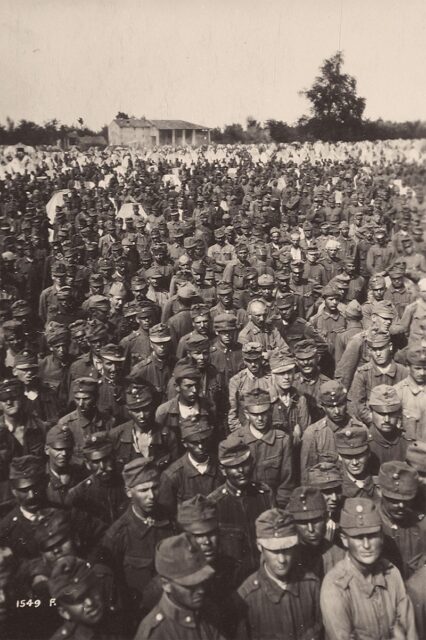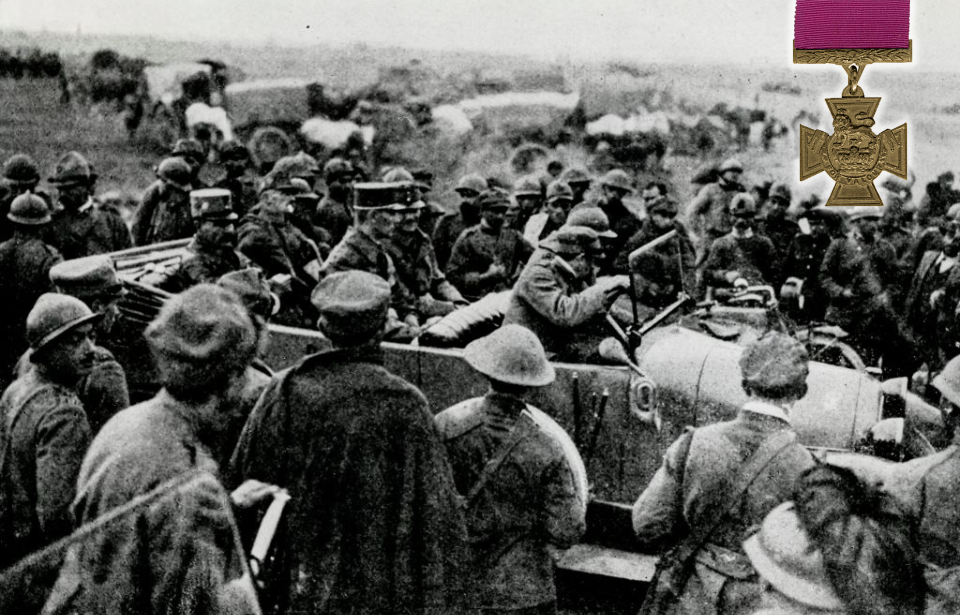Over 100 years ago, British Pvt. Wilfred Wood earned the Victoria Cross for his actions in the First World War. He may have seen action on a lesser known front, in what is a lesser known engagement to Americans, but his story is definitely worth remembering, due to his incredible bravery and the difference he made in the Battle of Vittorio Veneto.

Wilfred Wood was born in Hazel Grove, Greater Manchester, England, on February 2, 1897. With the country at war, he enlisted in the British Army, serving as a private with the 10th Battalion, Northumberland Fusiliers on the Italian Front in 1918.
Italy was on the side of the Allies, fighting the Austro-Hungarian Empire. The country had initially entered World War I to gain key territory: the Austrian Littoral, the northern Dalmatia, and the territories of present-day Trentino and South Tyrol. Officials hoped to quickly capture these areas, but the front became a battle of trench warfare, similar to that seen on the Western Front, only at higher altitudes and during colder winters.
Wood was part of the British Expeditionary Force (BEF) that helped the Italians stabilize the front in late 1917 and early ’18. The Battle of Vittorio Veneto, which occurred from October 24 to November 3, 1918, was the last major engagement on this front and led to the collapse of the Austro-Hungarian Empire. Italy and Britain, supplemented by soldiers from both the United States and France, faced the Austro-Hungarian forces; 1,486,200 Allies versus 1,800,000 enemy soldiers.

Going into battle in 1918, Wilfred Wood was armed with a Lewis gun. The American-manufactured weapon was perfected by the British and used heavily during the First World War. It had a distinctive barrel cooling shroud and a top-mounted pan magazine, and it was a highly-effective infantry weapon.
Wood received the Victoria Cross for his actions on October 28, 1918. The battle had been raging for four days and featured fierce Italian attacks – supported by the Allied forces – trying to drive the Austro-Hungarian forces from Italian territory and end the war itself.
Near Casa Van, Italy, a unit on Wood’s right flank was held up by hostile machine gun fire and deadly-accurate sniper fire. The private acted of his own accord and worked his way forward with his Lewis gun in hand. He sprayed the machine gun nest with bullets and forced 140 opponents to surrender.
But he wasn’t don’t yet.
The Allied advance continued until the soldiers encountered a hidden machine gun nest. Despite the fire coming from point-blank range, Wood charged while firing his own gun from his hip. He took out the crew and, again on his own initiative, pushed forward and flanked a ditch, where another three enemy officers and 160 men surrendered.

Following World War I, Wilfred Wood returned to his job as a railway worker, and eventually became a fireman, then supervisor with the London and North Western Railway (LNWR). He married the love of his life, Bessie, with whom he lived 57 years.
More from us: J.R.R. Tolkien’s Experiences During the Battle of the Somme Influenced ‘The Lord of the Rings’
On January 3, 1982, at the age of 84, the war hero and Victoria Cross recipient passed away, in Stockport, Greater Manchester. The legacy he left behind is still celebrated and honored to this day.
